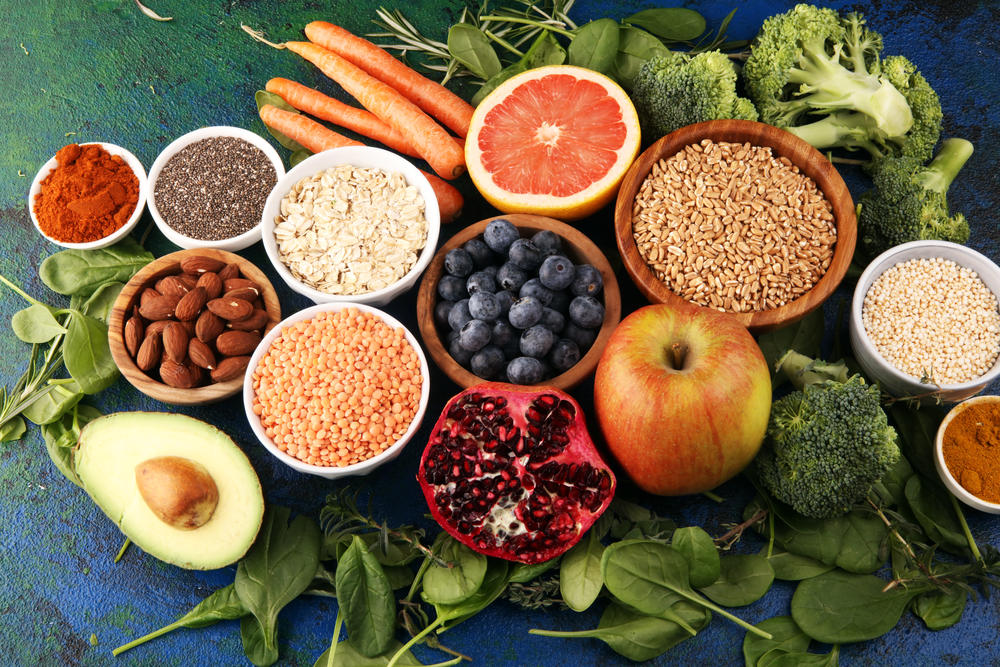Owing to rising awareness about healthy food, people across the globe are preferring low calorie food in place of traditional diet as the former is more beneficial for the people who are unable to do many physical exercises and have a sedentary lifestyle. Change in lifestyles is also foreseen to contribute significantly to the rising demand in the global low calorie food market within the forecast period.
Rising awareness regarding healthy lifestyles and changing customer behavior are among the vital aspects responsible for the rising demand in the market. Additionally, a dormant way of life because of the hectic work life leading to the health issues such as obesity, diabetes, hypertension, and high cholesterol due to unhealthy eating is also foreseen to contribute to the market growth. Nevertheless, the excessive cost of the low calorie food with an absence of information relating to the benefits of the consumption of the low calorie diet in the developing nations is anticipated to restrain the market development. Moreover, admission of ready-to-eat packed food products and intake of artificial sweeteners can end up being harmful to human wellbeing and this can hold back the business growth in the upcoming years. Besides, the accessibility of the convenience diet, cereal bars, healthy food schedule, and food supplements has supported the development of the low calorie food market.
The global low calorie food market is majorly categorized into application, product type, and region. Based on the product type, the global market is segmented into nutrient-based substitutes, sugar substitutes, and sugar alcohol substitutes. Among these, the sugar substitute category is sub-segmented into saccharin and aspartame. Moreover, the nutrient-based substitutes segment is divided into protein-based, fat-based, and carbohydrate-based. And the sugar alcohol substitute is sub-segmented into erythritol and sorbitol. In terms of application, the global low calorie food market is categorized into dietary beverages, dairy items, bakery items, and snacks.
Geographically, North America is estimated to lead the global low calorie food market in the forthcoming years. This is credited to the wide adoption of low calorie food and rising awareness regarding fitness & health among people including millennials, youngsters, and kids especially in the nations like Canada and the US. In addition, Asia Pacific is also foreseen to register major growth opportunities in the forecast period owing to the increased consumption of low calorie drinks and food products, especially in the nations such as China and India.
The leading players operating in the global low calorie food market are Archer Daniels Midland Company, Danisco A/S, Nestle S.A., Beneo GmbH, Abbott Laboratories, Dr. Pepper Snapple Group Inc., The Coca Cola Company, PepsiCo Inc., Ajinomoto Co. Inc., McNeil Nutritionals LLC, Zydus Wellness Limited, Groupe Danone, Bernard Food Industries Inc., Cargill Incorporated, Galam Ltd., Ingredion Inc., etc
The Brooklyn Creamery has launched a range of ice cream termed as “guilt-free” which contains 50% lesser calories, 60% lesser fat, and 35% extra protein than the usual ice-creams. The range also comprises vegan ice creams.
